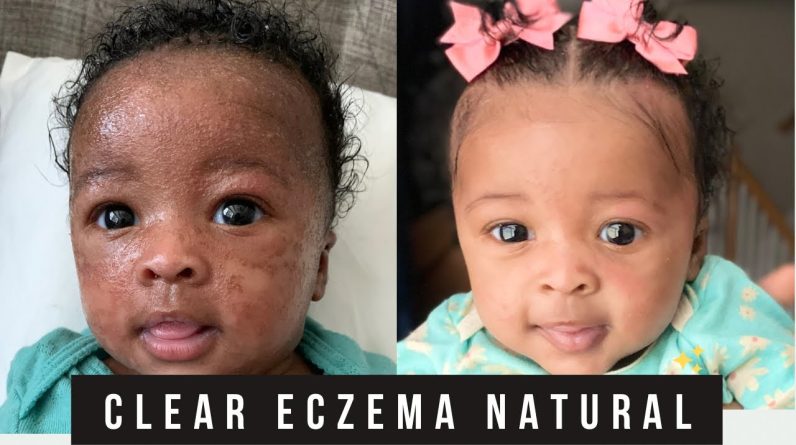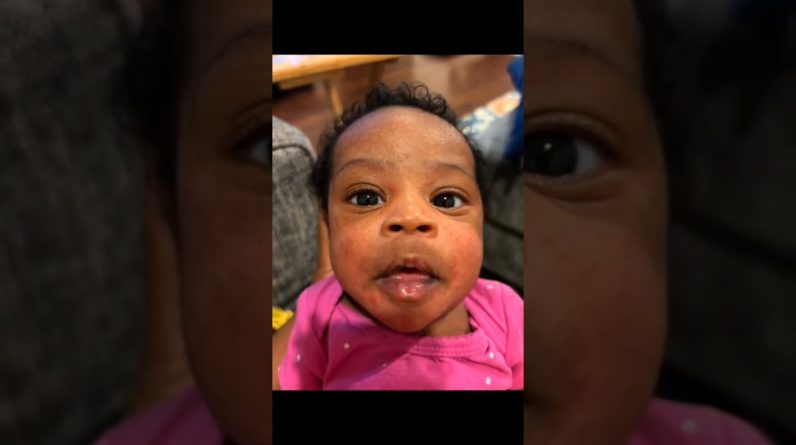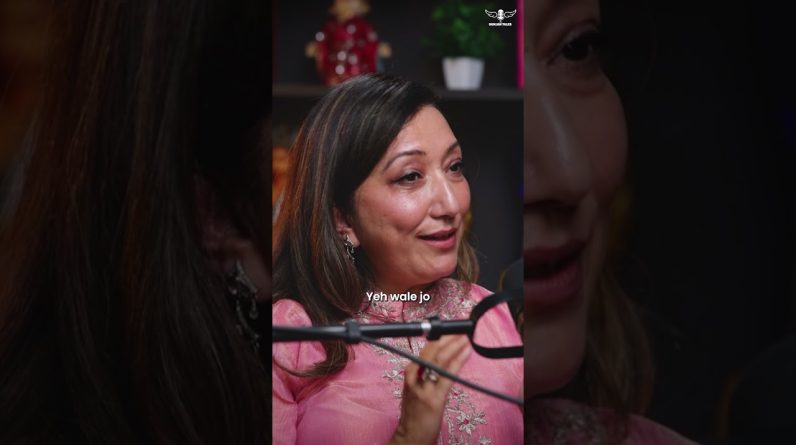For tips on having acne free skin
Accutane – 5 Tips by Dermatologists
Accutane or Roaccutane is a tablet is also known as isotretinoin and is a form of vitamin A. It has been the mainstay for the management of severe acne or scarring acne in Australia, Europe, US and Asia for the past 30 years.
Accutane works by targeting the oil glands, and reducing oil production. In lower does it can help remodel dermal collagen and reduce scar formation- including acne scars, Accutane can also reduce blackheads, whiteheads, zits, cysts and pimples.
Should I go on Accutane for my acne?
Roaccutane should only be used if your acne is severe, cystic or scarring. An off label indication of Roaccutane is if your acne does not respond to normal acne medications. An assessment and discussion with a Dermatologist is needed to ascertain if you are suitable for this medication, as there are numerous side-effects associated with this drug.
Accutane has a 99% success rate for the treatment of acne. An average person will need a course lasting between 7-10 months. Improvement is seen within a few weeks of starting this medication. In severe cases of acne, an early and transient ‘flare up’ maybe seen, however your Specialist will undertake steps to minimise this side-effect.
What side effects can I expect on Accutane?
The most common side effect is dryness of the lips and skin. Universally seen common and very easy to manage. Moisturise frequently and you will sail thru the course of treatment. Use a lip balm at least 3-5 times per day, and moisturise your skin at least twice a day.
Some patients may get dry eyes on Roaccutane/ Accutane and using eye drops may help, especially if you wear contact lenses.
Your Dermatologist will also order special blood tests throughout your treatment course, making sure your Liver and Cholesterol levels are in check. Female patients are warned in regards to the serious consequences in regards to birth defects whilst on Accutane. Other side effects that are less common including-
Flare up of acne (usually early in the course of treatment)
Headaches
Abnormal period cycles
Muscle aches and pains
Ingrown toe and finger nails
Abdominal symptoms
Mood changes and depression
How long is a course of Roaccutane treatment?
The course of Roaccutane/ Oratane is variable and will depend on many factors including the type of acne, your body weight, the location of your acne and the side effects you may experience on this tablet. As a guide-
Average length of treatment 6-9 months
Severe acne involving bacne acne, trunkal acne 10-12 months
Low dose Roaccutane / Oratane program 14-20 months
Your Dermatologist will decide as to what is the optimal course of Roaccutane/ Accutane treatment based upon your acne type and your lifestyle.
Will a course of Accutane treat my acne scars?
That is a difficult question to answer, as results are variable. Accutane is not designed as a treatment for acne scars, but a treatment to treat and cure acne. Treating active acne forms the foundation for acne scar treatment.
In regards to Accutane and acne scars the following facts apply-
Some patients can receive mild improvement of acne scars on this drug. Low dose Accutane has been shown to remodel scars and increase collagen production.
Roaccutane/ Accutane patients are not candidates for laser scar revision during the course of Roaccutane, and a wash out period of 3-6 months will be needed.
We now have a method of treating acne patients on Roaccutane with a non- laser method of scar revision called RF or RadioFrequency. This treatment has proven to be safe and effective in the majority of patients, however careful monitoring is needed. This forms the basis of the Acne Free RF Program, which was designed by Dr Davin Lim.
What skin care should I use whilst on Accutane/ Roaccutane Treatment?
Looking after your skin whist on Roaccutane/ Oratane/ Accutane is vitally important and can markedly reduce the side effects of this medication. Keep your acne skin care regime simple, and moisturise frequently!
Clean your skin twice a day with a low irritant cleanser- I recommend Cetaphil, QV Wash or Neutrogena Gentle wash.
Moisturise your skin twice a day- I recommend Cetaphil moisturiser.
Moisturise your lips 4-6 times a day, most importantly just before bedtime as this will reduce severity of ‘dry lips on roaccutane’.
Using a high factor SPF sunscreen twice a day can reduce the incidence of sunburn on this medication. I recommend La Roche Posay.
Thanks for watching this short video on Accutane, and remember to stay safe.
Lasers and Lifts
Realself reviews:
Google + for up to date info. Posted daily.
Thanks for watching, and remember to subscribe!
Dr Davin Lim
Laser and aesthetic dermatologist
BRISBANE, Australia.
source








